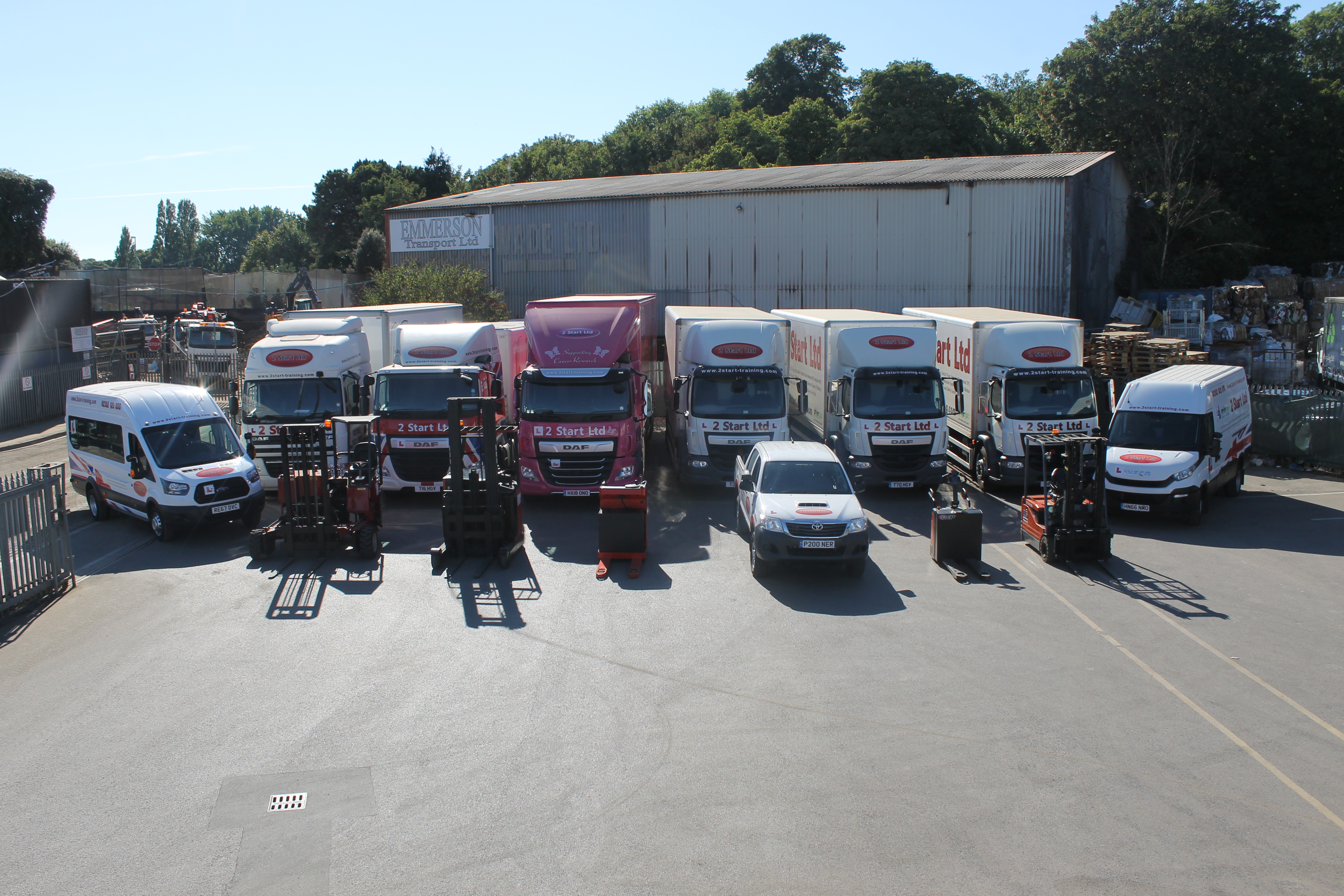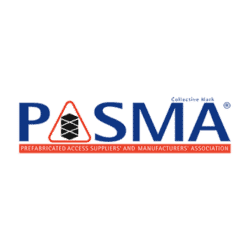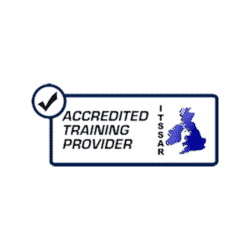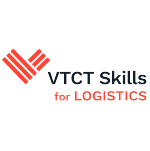Looking to hire an apprentice or upskill your workforce? Transport & Warehouse Operations Supervisor (level 3) Apprenticeship
This course is ideally suited to employees working in the Transport, Logistics and Warehousing sectors. This could include, but is not limited to, individuals working for hauliers, storage and warehouse operators, couriers, retailers and utilities. The course covers managing the day-to-day operations involved in supply chain management, ensuring activity, personnel and/or vehicles meet customer expectations and regulatory requirements.
They will develop the knowledge and skills to deliver departmental and organisational objectives effectively and efficiently and ensure compliant, safe and secure working within their workplace. Learners will be able to specialise in one of two areas: the Transport Supervisor ensures the safe and compliant utilisation of all drivers and equipment whilst the Warehouse Supervisor ensures the provision of a professional incoming goods, storage and dispatch service to customers. The Transport Supervisor pathway will involve studying for and gaining the Level 3 Transport Manager Certificate of Professional Competence.
*Please note that apprentices over the age of 19 have the option to complete functional skills Maths & English.

Our apprenticeship courses are intended for employers with an apprentice already working for their company.
Key learnings
Skills
- Ensure vehicle, driver and load documentation is available for the journey and meets legal requirements.
- Allocate and monitor work and set objectives including continual professional development (CPD), for transport/ warehouse team members.
- Identify skill and knowledge gaps in own performance and team performance in relation to transport/ warehouse operations.
- Identify skill and knowledge gaps in own performance and team performance in relation to transport/ warehouse operations.
- Complete performance development reviews (PDR)/ staff appraisals for transport/warehouse team members.
- Plan training to meet the requirements of the business and the team members including where required, Driver Certificate of Professional Competence and Material/Mechanical Handling Equipment requirements.
- Achieve KPI’s and targets set for the transport/ warehouse team and individuals within the transport/ warehouse team.
- Carry out disciplinary and manage grievances as per organisational guidelines.
- Lead team and departmental communications and meetings.
- Schedule journeys: planning route, timings, costs and resources. Calculating driver hours/ use of tacho graphs and selecting the appropriate vehicle and ancillary equipment for the load being moved.
- Oversee and review fuel costs and deal with issues when they occur.
- Ensure the vehicle is safe and legally loaded and vehicle is marked and labelled compliantly in line with regulations regarding the carriage of dangerous goods.
- Carry out risk assessments appropriate to work environment in accordance with the Health and Safety Executive.
Knowledge
- Recruitment and selection process and practice including working with in-house and external resourcing teams.
- How to review staff performance including appraisals, performance development reviews (PDR), work allocation, skill gaps and training for transport/ warehouse team members.
- Factors that affect workplace efficiency and how these can be managed.
- Organisational and individual KPIs and strategies for meeting these.
- People management policies complaint with ACAS. For example disciplinary and grievance processes.
- Organisational procedures for delivering customer service, managing customer accounts, information and quotations.
- Legislation governing operating licensing and understanding how the Operator Compliance Risk Score system works and how Driver and Vehicle Standards Agency (DVSA) applies it to operators.
- Rules and best practice guidance for sector specific operations e.g. International Carriage of Dangerous Goods by Road ( (ADR), Dangerous Goods Safety Advisor (DGSA), Livestock, Perishable items, Ministry of Defence (MOD).
- The application of Health and Safety regulations in transport and warehousing operations.
- Road traffic incident procedures and offences both UK and International including documentation, information at the scene and duty to provide insurance details.
- Environmental impact of transport and warehousing operations i.e. telematics, clear air zones compliance, recycling.
- IT systems and tools used to manage transport and warehouse operations.
Behaviours
- Demonstrate the organisations values to promote and enhance brand reputation.
- Demonstrate ownership and responsibility for their own safety and that of others.
- Take ownership for your own performance and training committing to self-improvement. Keeping up to date with industry developments.
- Positive attitude and approach to their work even when priorities and working patterns change.
- Use own initiative when needed to ensure that employer needs and expectations are met.
- Treat team, customers and other stakeholders with respect.
- Approachable and open to change.
- Professional approach – constructively manage difficult situations with colleagues, always striving to achieve the best outcome for the organisation and wider team.
- Treat equipment and technology responsibly and with respect.
Course delivery
Apprentices follow a personalised learning plan tailored to their organisation and role.
Supported by an experienced development coach, they undertake a range of ‘blended learning’ activities that can usually be completed in the workplace.
All apprentices need to demonstrate that they have achieved a level 1 and are working towards a level 2 in English and maths before they can proceed to end-point assessment.
Those who have not will be supported by their development coach to meet the minimum requirements. A British Sign Language (BSL) qualification is an alternative to the English qualification for those whose primary language is BSL.
Blended learning activities could include:
- Facilitated workshops
- E-learning
- 1-2-1 coaching
- Self-directed learning
- Collaborative learning
- Research
- Industry visits
- Work shadowing
- Mentoring
- Assignments
What’s Required
- 80% commitment for on-the-job training. (Learning the job while they work)
- Non-levy payers subject to £250 or £400 contribution (levy payers are not subject to this)
- 12-month training commitment
What’s Received
- Access to online E-folio
- Access to bespoke learning for functional skills
- Access to bespoke online apprenticeship units.
- It’s a block release course (student comes to us when needed, not day release)
Book Your Discovery Call
Types of training
- Off-the-job (20%)
- ‘Off-the-job’ training is delivered by 2 Start Ltd during your apprentice’s normal working hours.
- On-the-job (80%)
- ‘On-the-job’ training is delivered by the employer during your apprentice’s normal working hours.










